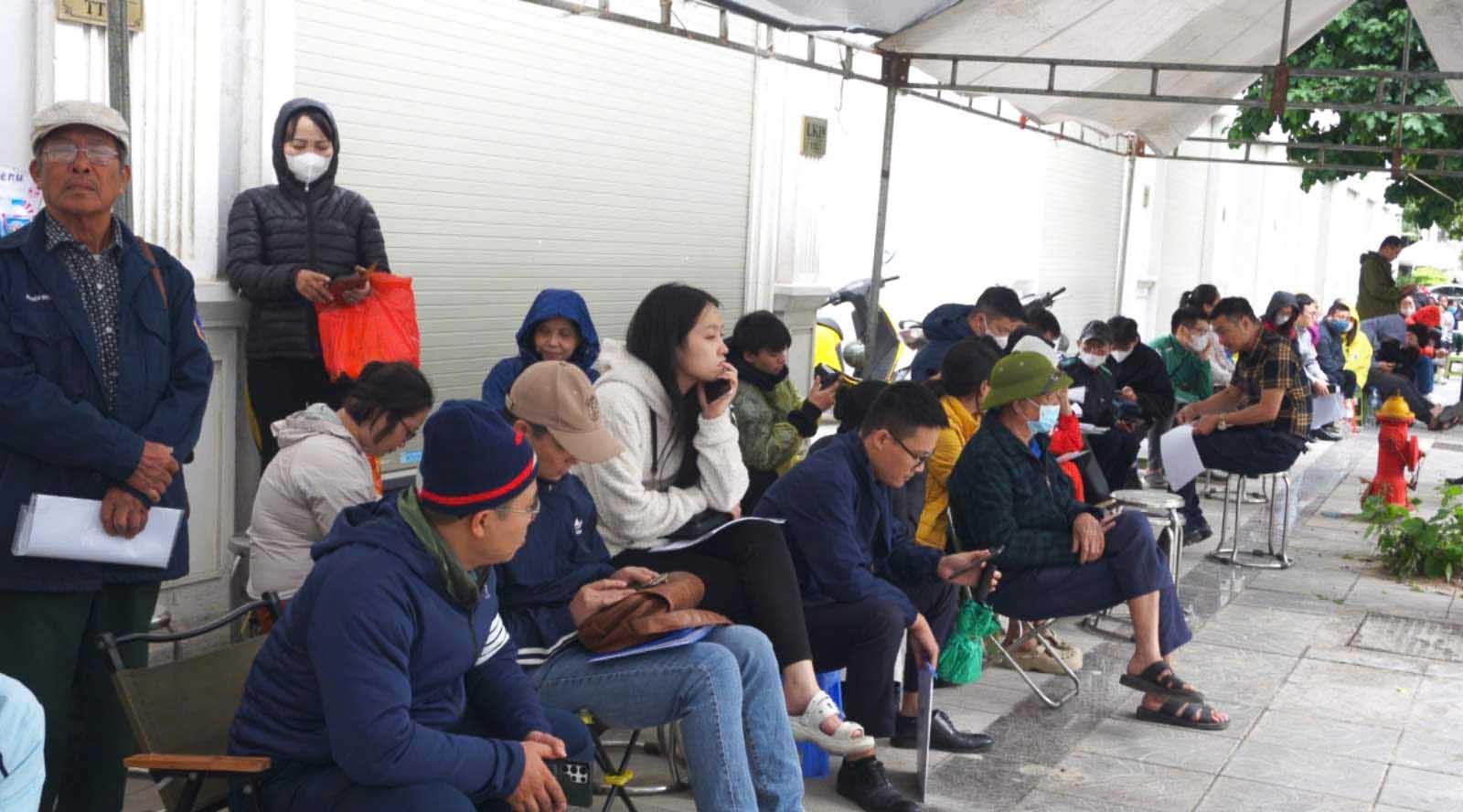Mr. Ngo Trung Kien (Bac Ninh province) has been working for a company specializing in software development in Hanoi for more than 5 years. With a salary of more than 18 million VND/month, Mr. Kien's income is considered quite good compared to the general level of young people.
"Income can also be considered stable, but costs in the city are also high, from rent, living expenses to friends. I save a little every month, but the actual price of the house is too high, if I buy it, I have to borrow a lot" - Mr. Kien shared.
That is also the common thought of many young people living and working in the capital. The average price of social housing in Hanoi is currently about 20 million VND/m2, compared to the income of the majority of workers, access to social housing still has many barriers, especially in financial matters.

In fact, the Government has issued drastic instructions in supporting people to access social housing, especially young workers. For example, the credit package of 145,000 billion VND, disbursed from the capital of 9 commercial banks.
Accordingly, young people under 35 years old who buy social housing will be able to borrow at an interest rate of 6.1%/year, 2% lower than the average medium and long-term lending interest rate of 4 state-owned commercial banks, fixed in the first 5 years. In the next 10 years, it will be reduced by 1% compared to the average.
Recently, Decree No. 261/2025/ND-CP has expanded the scope of subjects eligible to buy social housing through adjusting the income ceiling in accordance with real life. Unmarried or single workers with an average income of no more than 20 million VND/month (an increase of 5 million VND compared to the old regulations) are allowed to buy social housing.

Mr. Nguyen The Diep - Vice President of Hanoi Real Estate Club said that raising the income requirement from 15 million to 20 million VND/month to be considered for social housing in Hanoi and large cities is necessary, creating conditions for many young people to access social housing.
According to Mr. Diep, commercial banks continue to maintain and increase social housing loan packages with a term of 20 - 30 years with stable interest rates. This helps young people reduce the burden of debt repayment and have more conditions to access housing.
Some other opinions say that, in addition to the policy for buyers, there should be more policies for social housing investors such as exemption and reduction of land rent, reduction of administrative procedures, shortening investment preparation time, so that businesses can quickly implement projects, saving costs and time.








